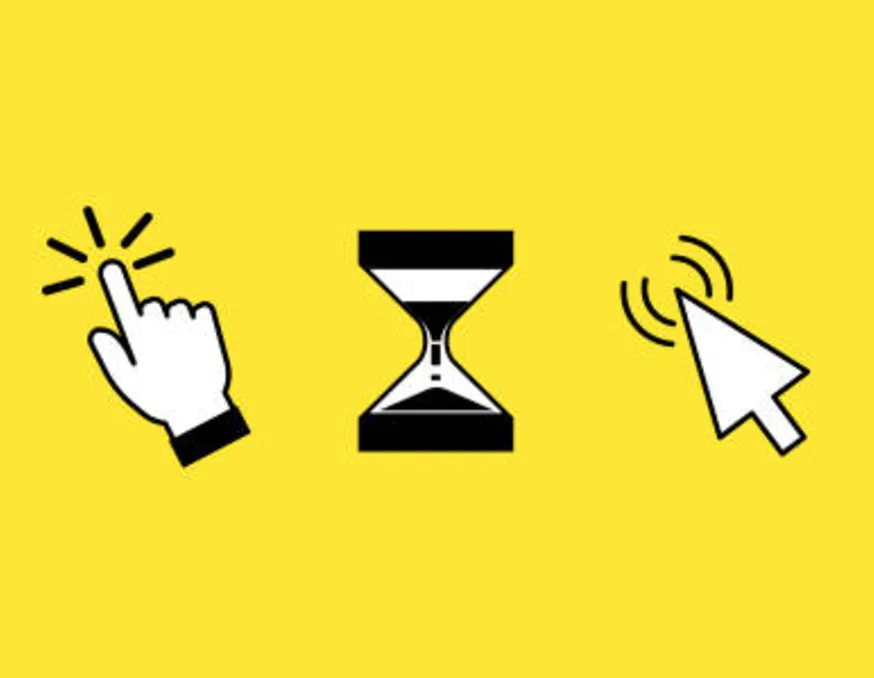Why Hover Effects Matter
Hover effects add interactivity to your website by providing instant feedback when users move their cursor over an element. Interactive elements can boost engagement by up to 30% because they guide users to key actions and keep them engaged. By making buttons, images, and links more dynamic, you create a more engaging user experience.Missing Hover Effects = Missed Engagement: Users Are 70% More Likely to Engage with Interactive Elements
Without hover effects, you risk:- Low interactivity: Static buttons and images don’t provide visual cues, making it harder for users to know where to click or interact.
- Missed clicks: Users may miss important CTAs (calls to action) if there are no hover effects to draw attention to them.
- Poor user experience: Without visual feedback, users might find your site less engaging, leading to higher bounce rates.
- Increased engagement: Interactive hover effects catch the eye and encourage users to explore further.
- Clear navigation: Hover effects guide users through your site, helping them easily identify clickable elements.
- Better user experience: Visual feedback makes interactions more intuitive and enjoyable for users.
Examples: How Hover Effects Increased Engagement
Apple – Interactive Product Displays
Apple uses hover effects on product images, allowing users to rotate and view items from different angles, which led to a 20% increase in product page interactions.Dropbox – Hover Animations
Dropbox incorporates subtle hover animations on buttons and links, leading to a 15% increase in engagement as users are guided through their services.Shopify – Enhanced Button Interactivity
Shopify implemented hover effects on their "Buy Now" buttons, resulting in a 12% increase in clicks by drawing attention to key actions.How to Add Hover Effects for Better Engagement
Here’s how you can effectively use hover effects to enhance your website’s interactivity:2. Keep it simple – Use subtle color shifts, shadows, or slight animations to indicate interactivity without overwhelming the user.
3. Test performance – Ensure hover effects are optimized and don’t slow down your site’s loading time, especially if you’re using animations.
4. Use hover sparingly on mobile – Since hover effects don’t work on mobile devices, focus on touch-based interactions like tappable elements for those users.
5. Test for user feedback – A/B test different hover effects to see which ones drive the most engagement on your site.
Do It Yourself
To implement hover effects on your website:- Add CSS hover states to key elements like buttons, links, and images to make them interactive.
- Use subtle animations such as color shifts, shadows, or scaling effects to indicate clickable items.
- Optimize for performance by testing your site speed and ensuring animations don’t slow down loading times.
Key Takeaways
Hover effects are a simple yet powerful way to make your website more interactive and engaging. By applying hover effects to buttons, images, and links, you can increase user engagement, improve navigation, and enhance the overall user experience. Make sure to optimize hover effects for performance and focus on key elements that guide users through your site.FAQ
The Most Common Questions
What are hover effects?
Hover effects are visual changes, like color shifts or animations, that occur when a user moves their cursor over an element like a button or image.
How do hover effects improve UX?
They provide feedback to users, indicating clickable elements or additional information, which enhances interactivity.
Should I use hover effects on all devices?
No, hover effects are most effective on desktop devices, while mobile users may benefit more from touch-based interactions.
Can hover effects slow down my site?
If not optimized, too many hover effects or animations can slow down your site’s performance.
100+ Website Tips Subscribe for Updates
Subscribe now for the latest tips on how to improve your website.

